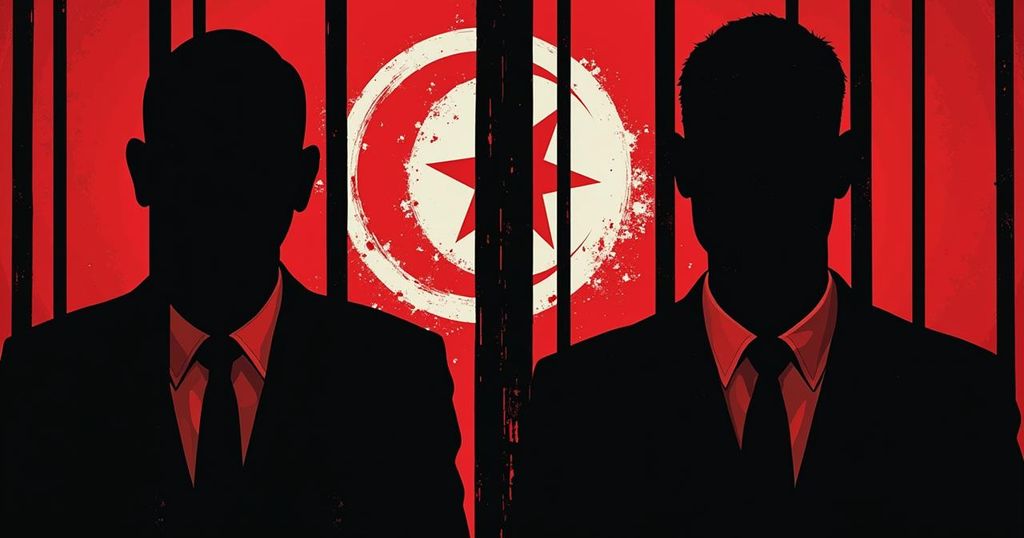Tunisia’s presidential election on October 6, 2024, saw incumbent President Kais Saied running against imprisoned Ayachi Zammel and Zouhair Maghzaoui. Voter turnout was low, below 30%, amidst claims of political repression and boycott by significant opposition groups. Some citizens, however, emphasized the importance of participation. Saied is expected to win amid concerns over the state of democracy in Tunisia.
Tunisian voters participated in a historic presidential election on October 6, 2024, amidst a backdrop of significant political turmoil. The election featured incumbent President Kais Saied running against two challengers: imprisoned businessman Ayachi Zammel and Zouhair Maghzaoui, a leftist who had previously aligned with Saied. Despite the critical nature of the election, voter turnout fell below 30%, showcasing widespread apathy among the electorate. Throughout the campaign, there were numerous arrests of Saied’s potential opponents, creating an environment that many have described as increasingly authoritarian. As a result, much of Tunisia’s capital, Tunis, appeared disengaged from the electoral process on election day. Saied, a former law professor who gained power in part by rallying public discontent against the political class post-Arab Spring, is widely expected to retain his presidency amid claims that the electoral process is marred by coercion and manipulation. In an effort to galvanize participation, some citizens expressed their belief in the importance of voting. For instance, Khaled Lamsi, a taxi driver, voiced his conviction that voting was a national obligation, emphasizing, “I want the new president who will be elected to do good things for our country and for our children.” Despite the electoral challenges, the participation rate of approximately 27.7% showed some improvement compared to previous elections marked by even lower voter engagement.
The Tunisian presidential election represents the third such electoral event since the country emerged as a beacon of hope during the Arab Spring by successfully toppling a dictator. President Kais Saied, who has initiated several unilateral changes to the political framework since he assumed office, seeks re-election while facing accusations of authoritarian governance. The context surrounding this election is defined by political suppression and a lack of viable opposition, as many of the president’s potential challengers remained imprisoned or were excluded from the race by an election commission appointed by Saied himself. The electoral climate reflects a palpable sense of disillusionment among citizens, leading to a concerning voter turnout.
The 2024 Tunisian presidential election has highlighted critical issues of political disengagement and skepticism towards the electoral process. Despite the historical significance of the election, with incumbent President Kais Saied expected to continue his presidency, the substantial voter apathy and allegations of intimidation reveal ongoing tensions within Tunisian society. The participation rate, significantly lower than prior elections, underscores a troubling trend of disillusionment amongst voters, signaling potential challenges for the future of Tunisian democracy.
Original Source: apnews.com







